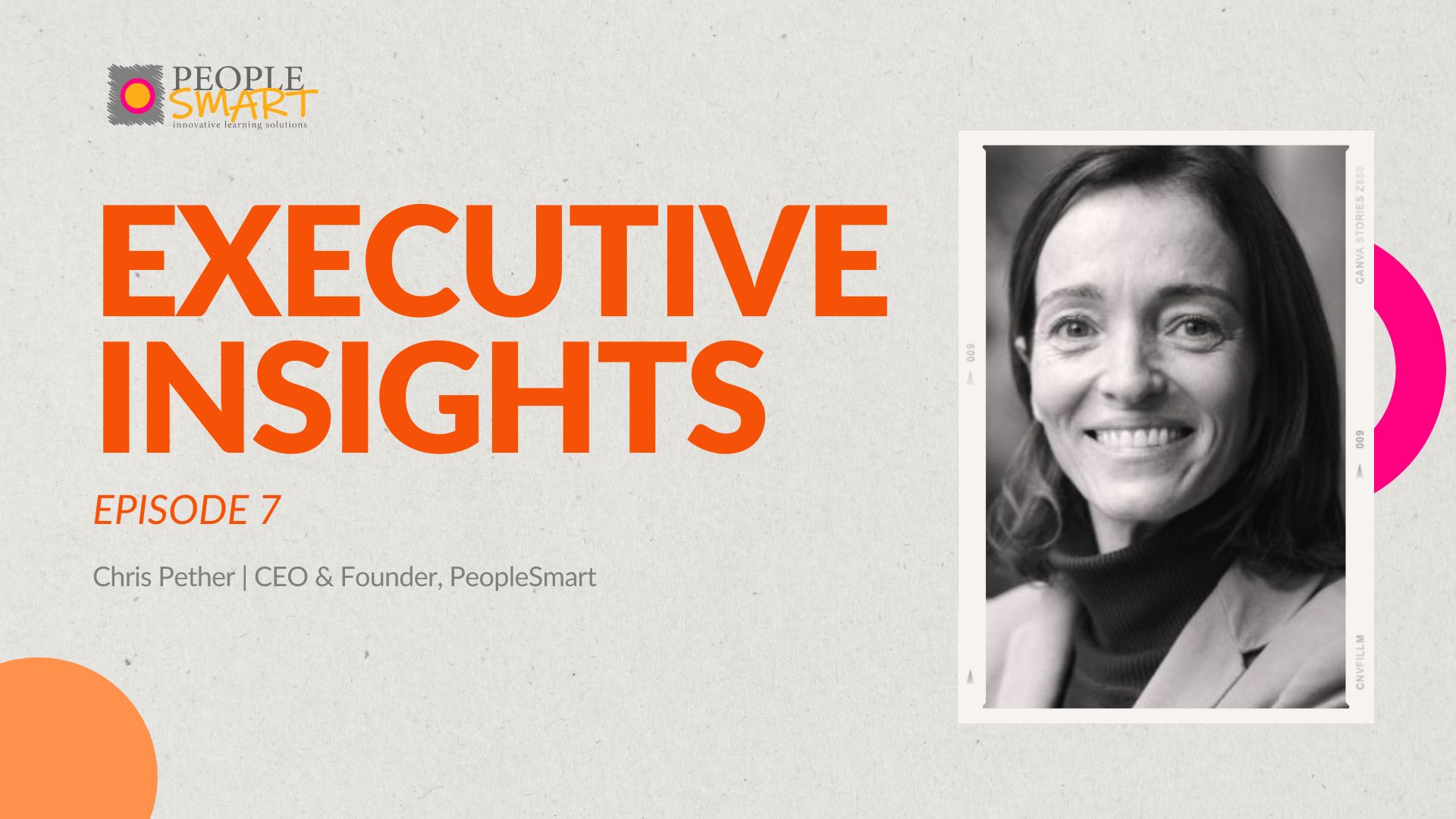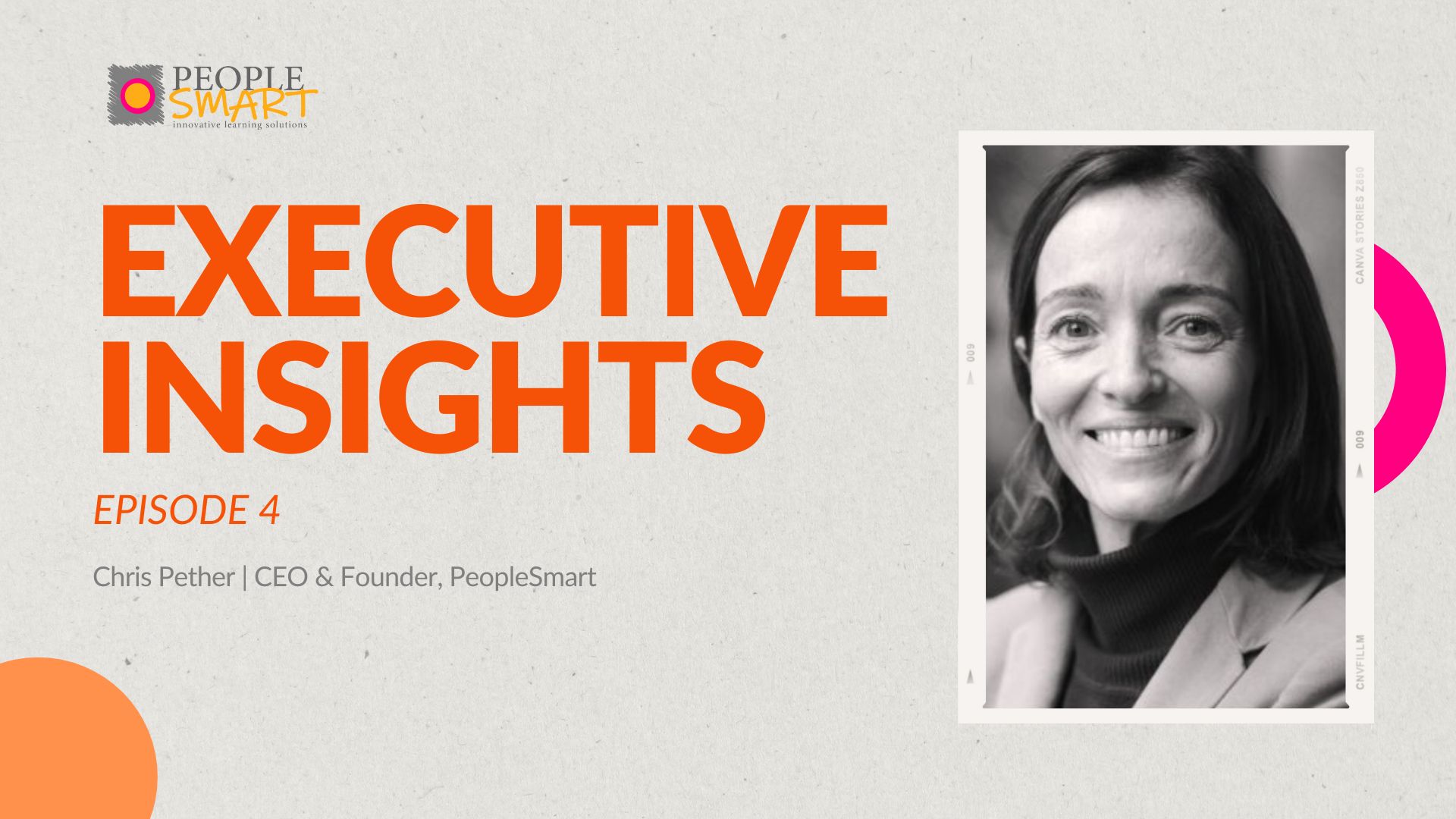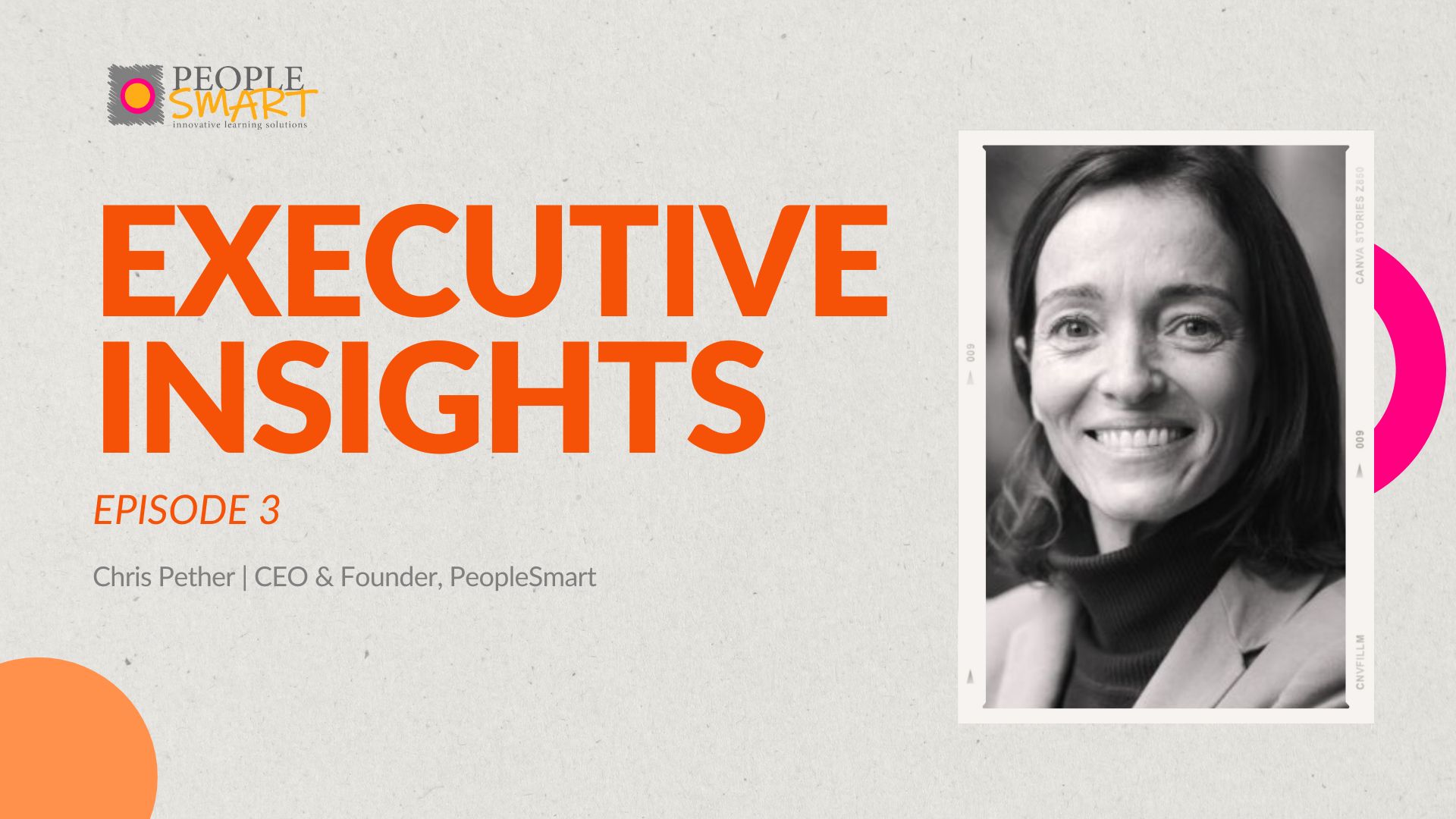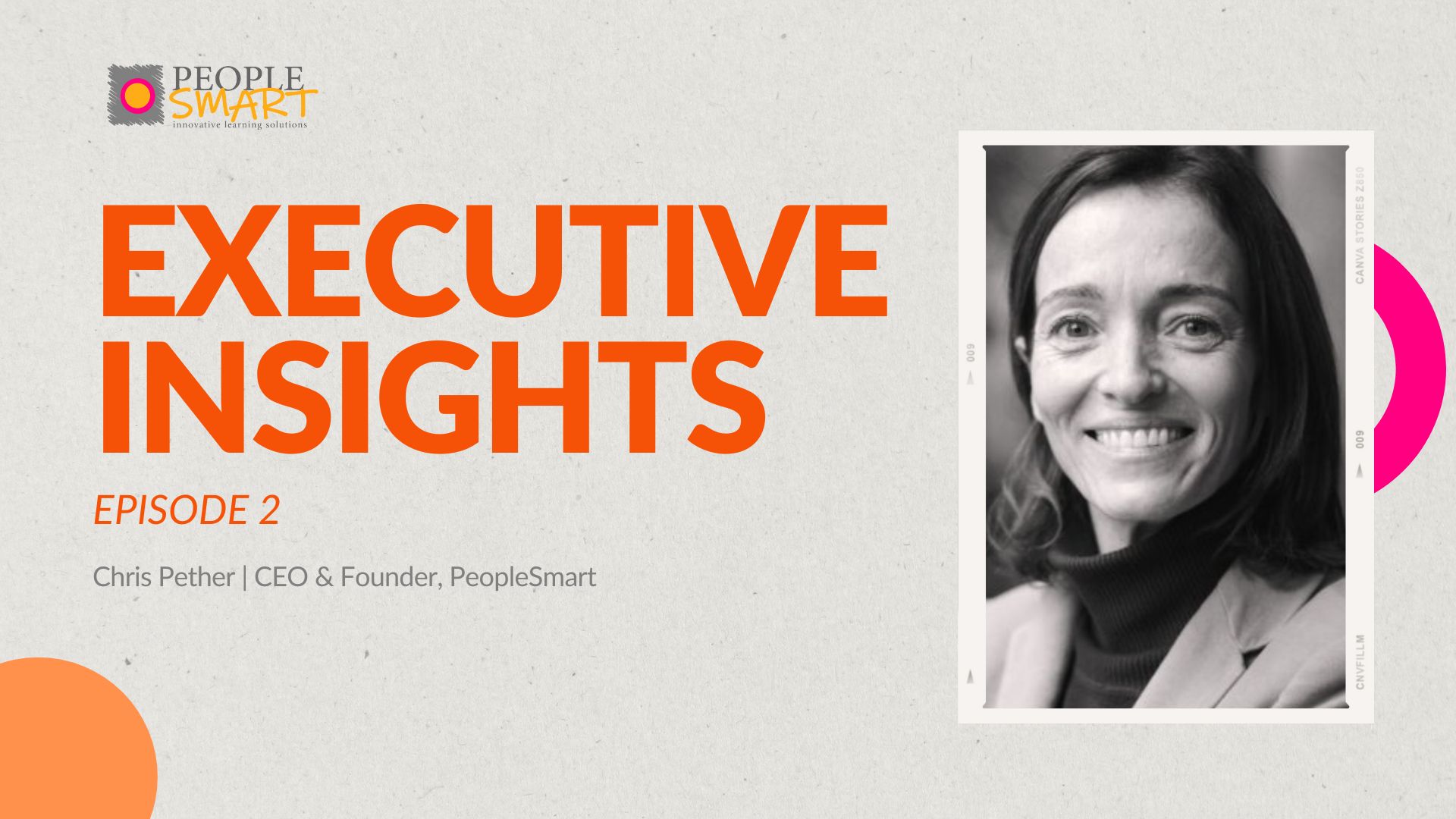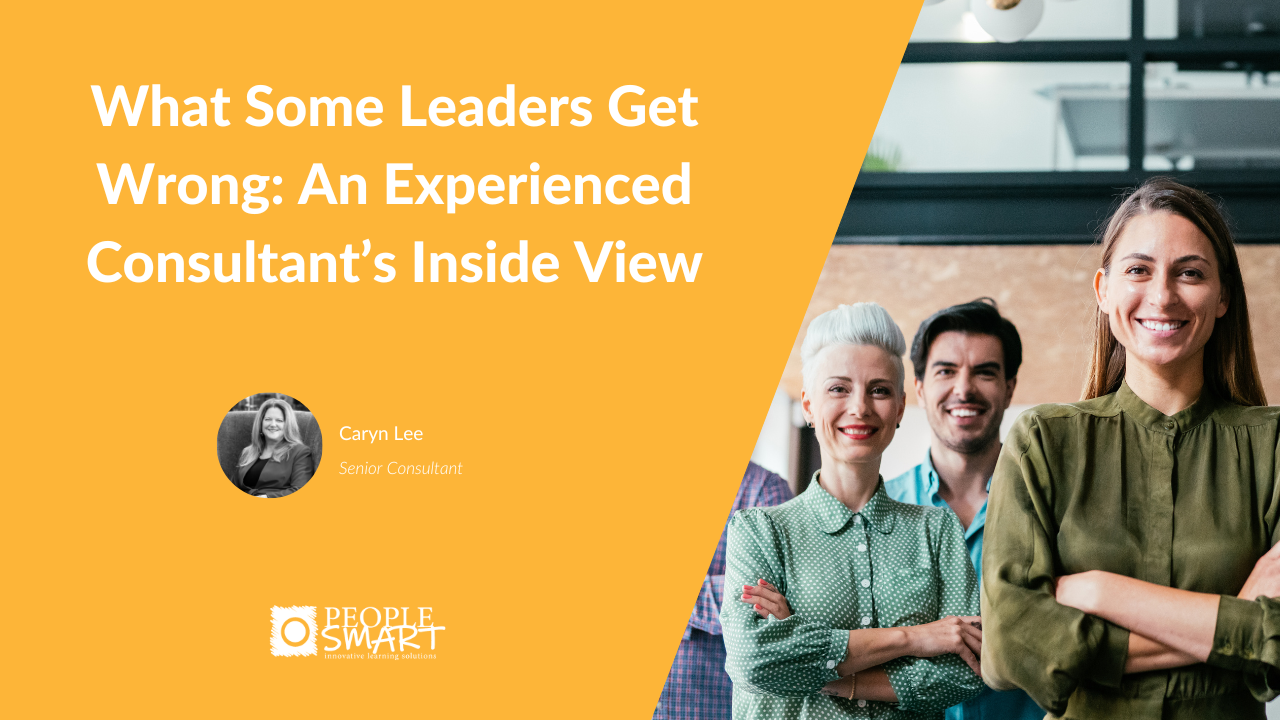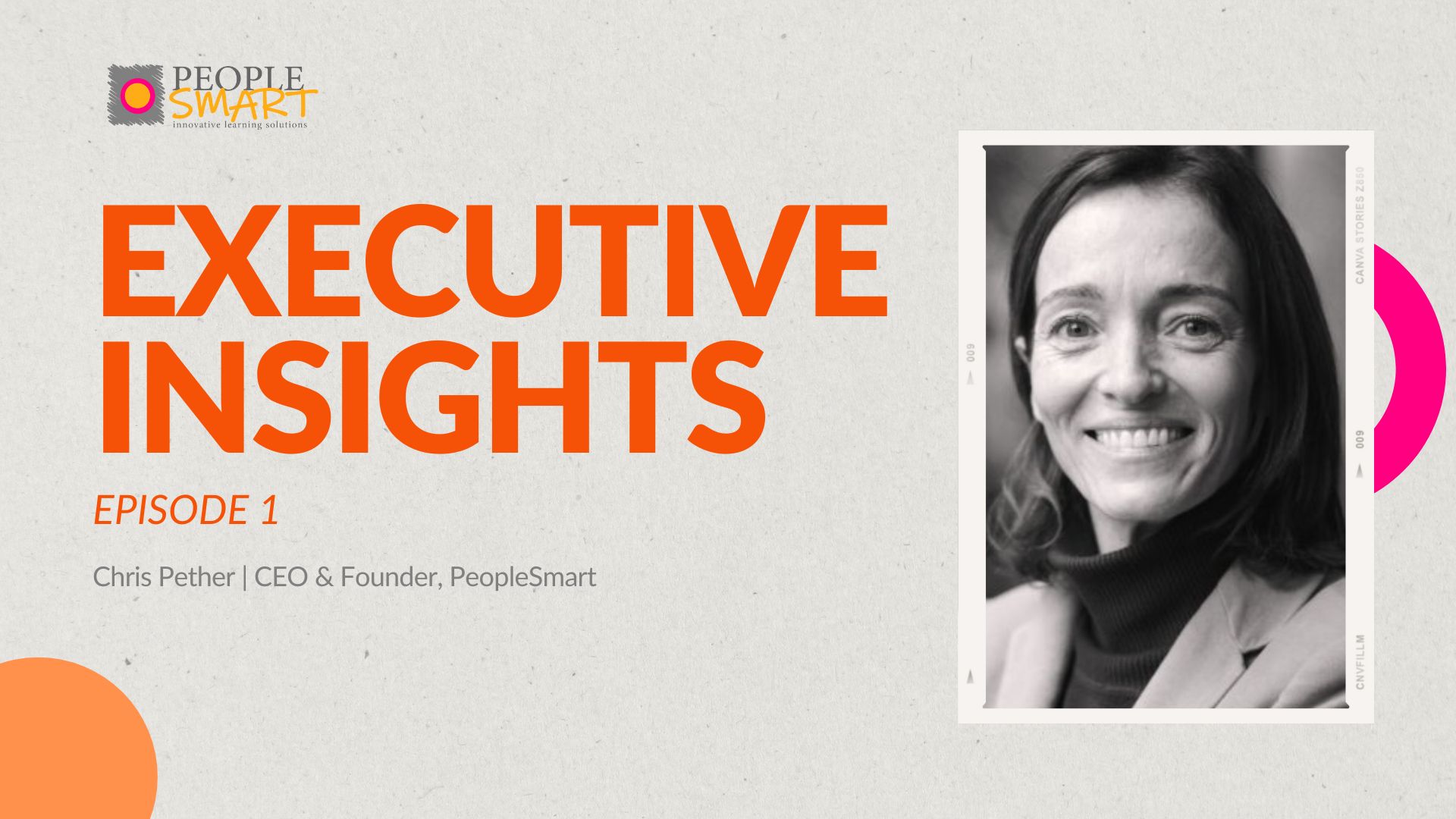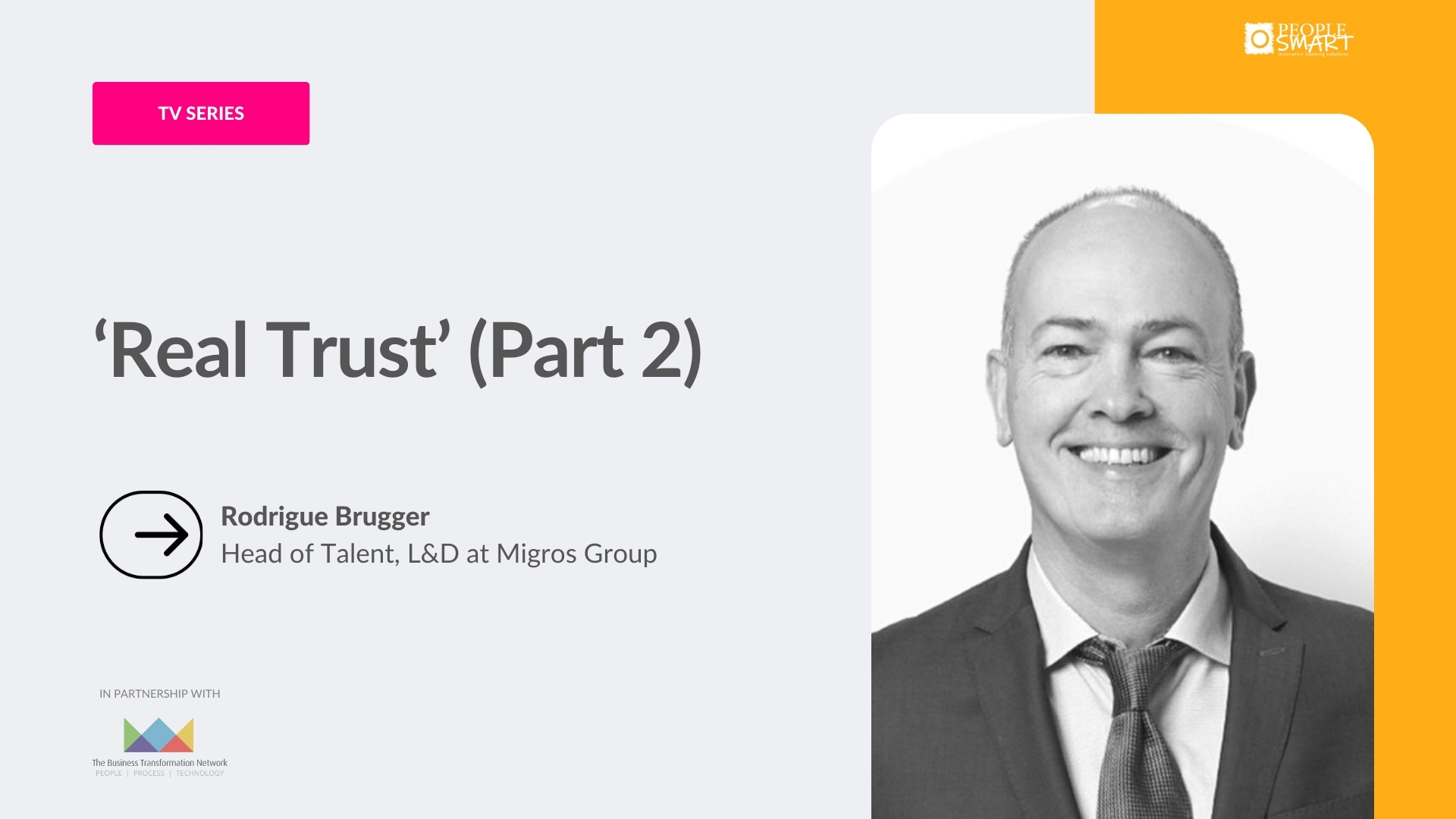When you shake a snow globe, snow falls onto an idyllic scene. No matter how hard you shake the globe, the scene remains unchanged. To change the scene, you’d have to dismantle the snow globe, change it, then reassemble the snow globe. Or you would start from scratch, creating a new snow globe. Sometimes leaders don’t have the courage to dismantle the snow globe or create a new one…
Clients hire me to address their people issues, either proactively or reactively. The proactive situations, for instance, to further engage employees, train managers, or improve communication, are generally straight-forward, and take fewer resources to implement than reactive situations.
When the situation is reactive, which is more often the case, then I start by assessing a painful situation, recommend solutions, and generally assist in implementing the recommendations. There are several scenarios that I often find:
- After assessing a situation, I find that there is a toxic leader or manager who should be terminated.
- Teams who have lost trust with each other need careful training, coaching, time and continual attention, if they are to rebuild trust and become a high performing team.
- When brought into coach an executive on a specific development area, leaders need to be ready for several possible outcomes, but all of them should improve the situation.
In each of the scenario’s, there are points where leaders can get it wrong and end up not resolving the issue, which leads to more employee frustration and expense over a longer period of time. Or they can make courageous decisions and take committed action to address the issues head on with the resources required to solve it. These decisions and actions are definitely not without controversy and/or questions.
Terminating an executive
I find that many leaders are not willing to terminate someone in a key position, even when faced with the data that supports it. This can be for many reasons, some of which are:
Reason 1: The leader likes the executive and gets respect and attention from the executive. Perhaps that executive is a “yes” person.
- Problem with keeping the executive for this reason: If the leader surrounds themselves with yes people, they are unlikely to be open to different perspectives and send a message that people should not challenge them.
Reason 2: The leader knows that the decision will be unpopular with other executives and some employees. Many times, these others are whispering in their ear.
- Problem with keeping the executive for this reason: The decision to terminate the executive would likely garner a positive reaction from many other executives and employees. When you let go of a toxic or non-performing employee, the highly engaged and high performing employees will likely be more engaged and loyal.
In the HRExaminer v10.13, When is Termination a Good Thing?, Employment Lawyer, Heather Bussing writes, “By allowing that employee to stay, you make your company a difficult place to work for everybody who has to deal with that person, fix his screw-ups, and pick up the slack. By getting rid of him, you will be decreasing everybody else’s workload and increasing morale.”
When I am working with a client and the leader does not act on my recommendation to terminate someone, often they continue paying me to improve the situation. Unfortunately, some of that investment is wasted because a toxic employee continues to affect the other employees and situation. The snow globe analogy works here – continuing to shake the snow globe, doesn’t change it.
This happened when I was brought into a financial company a few years ago to train their managers and assess their current communication practices. When we started, the HR Director was not on the project team. I insisted that he be involved, so he joined. Later, I realized why they had not invited him. He was defensive from the start and didn’t like that I was trying to change the way things had always been done. He was stuck in the old ways and didn’t appreciate being challenged. Not only that, but as I talked with managers and held focus groups with employees, I heard many complaints about the lack of support from HR and the way he controlled what should have been manager decisions. I recommended that he be let go. While leadership made a few adjustments, the HR Director had been there for over 20 years and the Leadership team members were his buddies. He stayed where he was. Needless to say, the project continually took 3 steps forward, 2 steps back.
Rebuilding team trust
From Harvard Business Review’s, The Neuroscience of Trust, “We know that teams with high levels of trust experience a range of benefits, including 74% less stress, 50% higher productivity, 76% more engagement, 29% more satisfaction with their lives, and 40% less burnout.
Leaders generally recognize when trust has been lost in a team. They will invest short term in solutions to rebuild trust in a team that has lost it. These solutions may take many forms. However, after a team building session, many times they want to check the box and declare victory.
Some old-school leaders also have the attitude that the team leader just needs to get the team to do what is expected. The more successful attitude is to do the hard work. For teams with behavioral and trust issues, share the vision, listen to and address employees’ concerns, communicate more, train more, be transparent, and empower the team to find solutions. Lasting change will take more attention and expense than many leaders are willing to invest.
Coaching
When I talk about coaching here, it is for coaching someone who has a specific performance or behavioral issue that must be addressed. Many times, coaching is proactive and for those being promoted or improving performance of an already high performing executive. This is not about that proactive situation.
Investing in coaching an executive will generally lead to better performance and behavior. On rare occasions, it may need to lead to demotion, lateral movement, or termination. If someone does not own that they have an issue, even when being provided 360º data regarding it, and after effective coaching to take responsibility, then they are probably not coachable.
In a Forbes article “How to Coach an ‘Uncoachable’ Employee”, Jenn Lofgren writes, “To be uncoachable means that someone’s mind is set and they are unwilling to change. I can’t coach someone to run a marathon if they don’t want to run. I first have to coach them to find their motivation on why they want to run. If we can’t find that, we’re done.”
When someone does not own their issue, it can be disappointing to leaders who have engaged a coach. But important, key information was discovered. When embarking on coaching for a specific issue, there are several possible outcomes. Leaders need to be prepared for improvement (the best result!), the executive quitting, or not owning the issue. If the coachee does not own their issue, the leader needs to take action such as demotion, lateral movement, or termination, depending on the issue’s impact.
This happened with a recent coaching engagement of mine. The employee was high performing, but his interpersonal skills were lacking. He rubbed people the wrong way. We worked for three months, administered a 360º feedback tool, and he would never accept that he had an issue. He pointed fingers at everyone else. He then quit. The president was upset with that outcome. However, the reason they brought me in to coach him was that the current situation was untenable. This was a solution; just not the desired solution.
Let’s help leaders make courageous decisions and take committed action to address issues head on with the resources required to solve it. Sometimes toxic executives need to be terminated to move the company forward. Time and resources over a significant period of time need to be invested to rebuild trust in a team. And coaching can have several outcomes, all of which can be better than the status quo.
Caryn Lee
March 2024
.
.
.
.
.
If you want to know more about PeopleSmart and the services we offer reach out to us for a conversation:
contact@peoplesmart.fr

